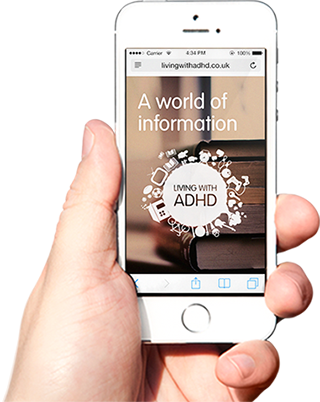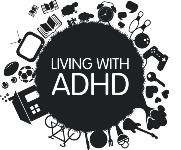Impact of ADHD
Impact of ADHD
ADHD can have a number of important effects on children's ability to learn.
Impact on learning
ADHD can have a profound effect on many aspects of school performance and on children's relationships with their peers and teachers at school.
Behavioural problems can be challenging or disruptive
ADHD can interfere with a child's ability to learn facts and skills, which can result in them falling behind in their learning and being excluded from the regular classroom. If sufficiently challenging or disruptive, behavioural problems can lead to suspension and, ultimately, exclusion from school itself.
Performance consistency and associated learning disorders
Whilst ADHD is not a problem of ability, it can affect performance consistency, with implications for learning. In addition, specific learning disorders commonly associated with ADHD, such as dyslexia or dyscalculia, can cause problems with reading, spelling and maths.
Click here to find out what the school can do to help.
Impact on communication
Children with ADHD often have problems with communication, partly as a result of the associated disorders from which they commonly suffer, including:
- Oppositional defiant disorder (ODD), which leads to hostile, argumentative and defiant behaviour.
- Language disorders, which lead to difficulties in speech and the use of language.
- Autism, which causes difficulties in communication, imagination and socialisation.
- Tourette's syndrome or vocal tic disorders, which lead to outbursts and problems with speech.
Click here to find out what the school can do to help.
Impact on interaction
The behavioural problems associated with ADHD can hinder a child's ability to interact appropriately with their peers and with teachers.
Difficult to engage with
A child who has difficulty sitting still, who behaves unpredictably, impulsively and erratically, and who does not appear to learn from their mistakes, can be frustrating, hard to like and difficult to engage with and teach.
Poor self-esteem, teasing and bullying
In turn, criticism from teachers, and the difficulty the child may have in making and keeping friends at school, can contribute to anger and poor self-esteem and may lead to a downward spiral of difficult and disruptive behaviour. Because they stand out, children with ADHD can be teased or bullied.
As a result, school can be a difficult and lonely place for some children with ADHD.
Click here to find out what the school can do to help.
Impact on concentration
ADHD causes significant problems with concentration.
Acquiring basic skills at school inevitably involves practice, which can potentially be tedious and repetitive. Children with ADHD may find tasks that require concentration very difficult - learning multiplication tables, for instance, or the sounds associated with letters when learning to read - and may go to great lengths to avoid them.
Click here to find out what the school can do to help.
Impact on memory
The poor working memory of children with ADHD can be a very important factor in the impairment of their school performance.
Working memory plays a crucial role in the early stages of learning to read and spell. Poor working memory can lead to problems for children with:
- Understanding texts.
- Planning written work.
- Logical thinking.
- Carrying out multipart instructions.
- Expressing themselves verbally and in writing.
Click here to find out what the school can do to help.


Resources
Visit our resource centre for useful information and helpful activities for parents, teachers and teenagers living with ADHD.
